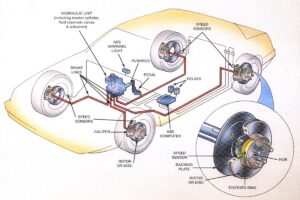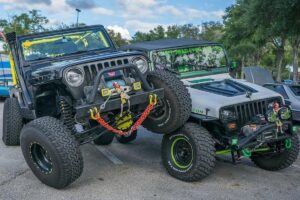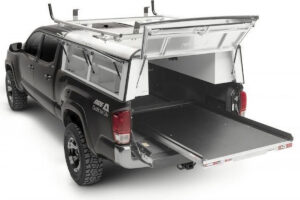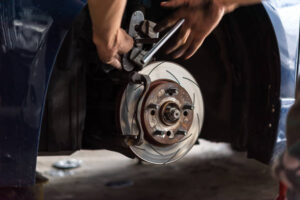
Ensuring Safe Braking: A Guide to Brake Preventive Maintenance
A Guide to Brake
Home » Do I Need To Upgrade My Brakes If I’m Running On Big Tires?
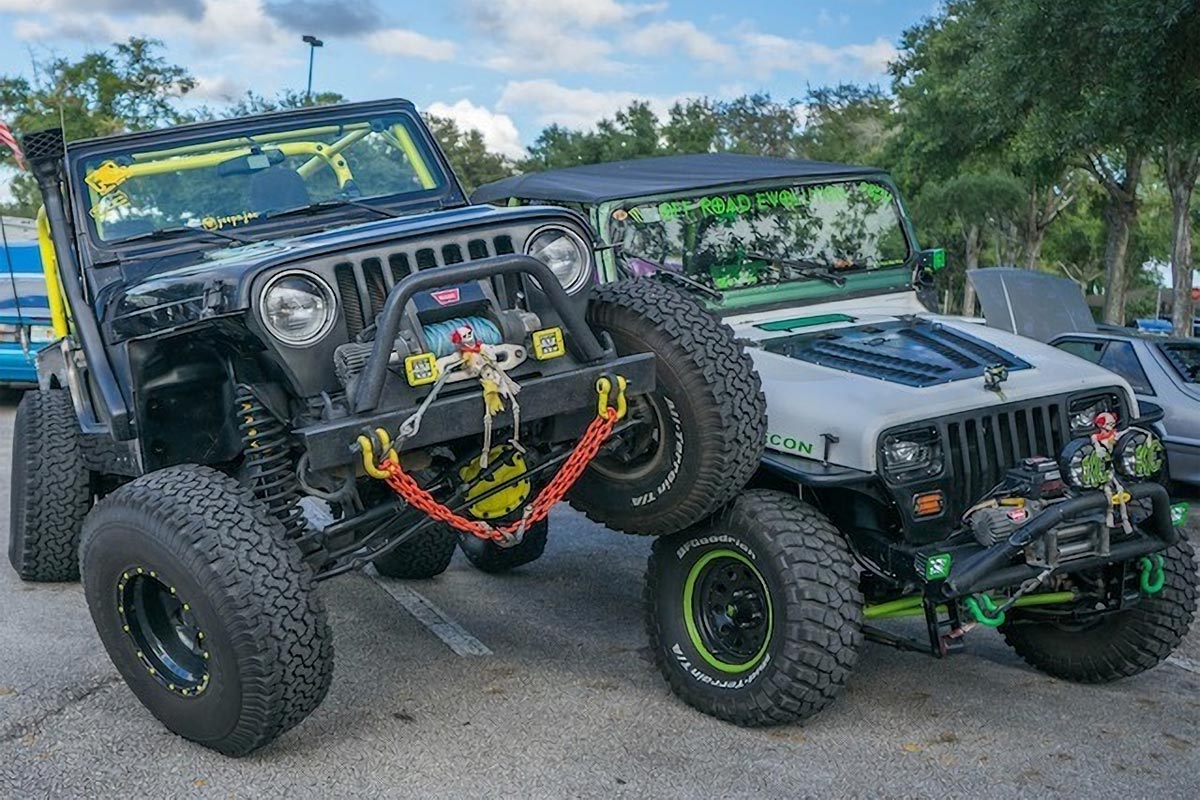
The short answer is yes. Bigger wheels and tires will impact braking performance. In this article we’ll talk about how bigger wheels and tires reduce your truck’s ability to stop, and how you can upgrade your brakes to alleviate the problem.
The laws of physics dictate that when you make your wheels bigger and/or increase the weight of the tires and wheels, your truck isn’t going to stop as fast as it used to unless you upgrade the brakes too.
To calculate how much braking power is lost after installing bigger tires and wheels, take a look at the 10-10-10-1 rule of thumb.
This rule of thumb essentially shows that:
This article explains the 10-10-10-1 rule of thumb in more detail: How Heavier Wheels and Tires Impact Braking Distance
A 7.5% decrease in braking effectiveness might not sound like much. But in an emergency stop from 60 to 0, that’s about half a car length. If you’re going 80 mph and you have to stop, it’s more than one car length.
It’s easy to think that when there’s extra diameter or weight in your wheels/tires, upgrading your brakes is a good idea.
You can upgrade your brake system with a big brake kit (that contains new rotors, new calipers, new pads, stainless steel brake lines, etc.). However, that might be overkill. Most vehicle owners find that a good set of upgraded brake pads give them better performance without breaking the bank.
Your best bet is to upgrade to brake pads made for oversized wheels. A set of such brake pads that better match your oversized wheels will go a long way in ensuring that your truck’s braking performance remains optimal.
Even though OEM brake pads are good quality products, they’re still not designed to handle oversized wheels and tires. When you install brake pads that can handle oversized wheels, they’ll last longer, generate less dust, and restore some of the brake system performance you lost.
At Beefed Up Brakes, we offer high quality trail rated and heavy duty brake pads and drum shoes specifically for Jeeps, Toyotas, etc. with oversized wheels. Our brake pads work up to 30% better than OEM brake pads, depending on conditions. In other words, installing our pads on your truck or SUV will actually make your vehicle stop better than it did before the upgrade. Check out Beefed Up Brakes pads here!
